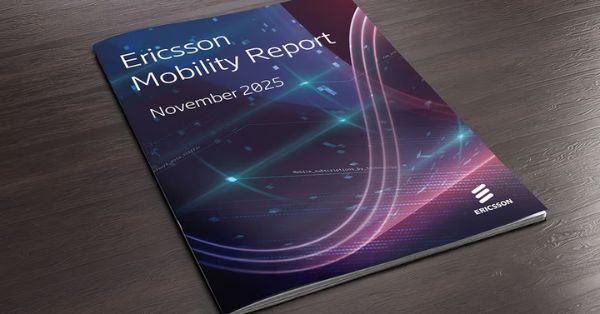T-Mobile has announced the launch of its latest innovation, 5G On Demand—a portable 5G private network solution designed to be deployed in under 48 hours. This solution offers low-latency, high-bandwidth connectivity, ideal for data-heavy applications, and can be set up virtually anywhere.
T-Mobile’s Comprehensive 5G On-Demand Private Network Solution
The 5G On Demand solution includes all necessary services such as setup, teardown, and network management, streamlining the process of deploying a 5G private network. This new offering provides a flexible and cost-effective way for businesses to establish 5G private networks and support demanding applications.
By the end of 2024, 5G On Demand will be commercially available for industries like media, entertainment, oil and gas, construction, and more, offering a reliable network solution that meets the dynamic needs of these sectors.
Private 5G On Demand Shines at Major Events: PGA and NBC Sports Case Studies
Although newly launched, 5G On Demand has already proven its capabilities in major events. It was used at both the PGA Championship with CBS Sports and the KPMG Women’s PGA Championship with NBC Sports to enhance operations, improve fan experiences, and bring viewers closer to the action. With the help of Sony’s PDT-FP1 portable data transmitters and ultra-low latency encoders/decoders, Sony’s FX6 cameras achieved a glass-to-glass latency of less than 100 milliseconds, allowing for near-instant transmission of broadcast-quality video.
How Private 5G On Demand Overcomes Remote Production Challenges
Achieving fiber-like transmission speeds for 4K video broadcasting without the use of cumbersome cables is a significant challenge, particularly when managing multiple 4K cameras at 60 FPS simultaneously. Traditional cellular networks face obstacles such as limited bandwidth and environmental interferences, while setting up and maintaining infrastructure can drive up costs and complexity.
T-Mobile’s 5G On Demand tackles these challenges by offering:
- Cost reduction through decreased reliance on fiber, while still maintaining high bandwidth and low latency.
- A more affordable alternative to permanent custom-built private networks, which are often expensive to deploy and maintain.
- Support for remote production, reducing the need for expensive on-site personnel and equipment.
- Enhanced operational efficiency, simplifying the capture, transmission, and production of media.
- Rapid deployment and flexibility, allowing for seamless remote production on T-Mobile’s vast and fast 5G network.
A New Era of Private 5G Deployment: T-Mobile’s 5G On Demand Approach
“With 5G On Demand, T-Mobile is reshaping how businesses and organizations implement private 5G networks by focusing on cost-efficiency and simplicity,” said Mishka Dehghan, SVP of Strategy, Product, and Solutions Engineering for T-Mobile Business Group. “We’re making it easier than ever for businesses to deploy powerful networks, so they can focus on what they do best—delivering exceptional content and services without the complexity of traditional infrastructure.”
T-Mobile’s 5G On Demand is poised to offer an affordable, flexible, and fast solution for industries needing reliable connectivity, without the burdens of permanent infrastructure.







































